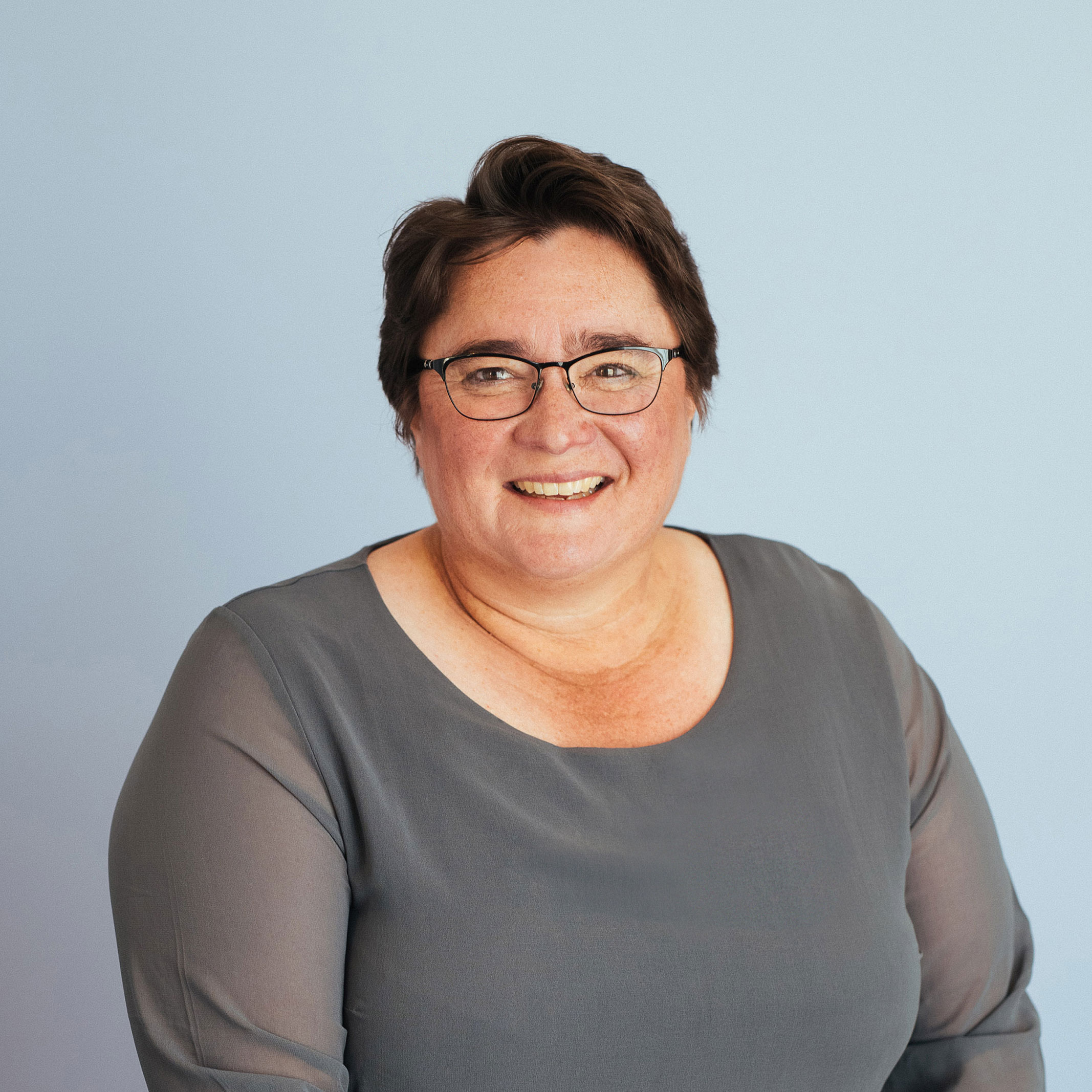
Meg Heffron
Managing Director
I must say I enjoyed attending the SMSF Association Technical Summit on the Gold Coast last week. It had some great technical sessions and both Lyn Formica and I were pleased to be among the speaking line up.
I finally got to share some modelling that examined the question of whether clients should withdraw balances above $3m out of super should the new tax come in as planned from 2025/26. Sometimes this type of modelling can be a bit depressing – there’s a lot of work done just to get to a few slides and a lot of good ideas get left out of the final presentation in the interests of time. What made that slightly easier to bear this time was knowing that I can share a lot more of this work in our Super Intensive Day in a few weeks’ time.
The SMSF Association also used the occasion to celebrate their 20 year anniversary.
It did prompt me to think back to what the industry was like in 2003.
At the time, Heffron had been around for a few years – we turn 25 later this year. We were one of the very few businesses to specialise exclusively in SMSFs and there were only around 250,000 of them in the country.
I have to confess it felt a little like the wild west sometimes. SMSFs were very niche and a great many of the accountants and advisers (not to mention the trustees) working with them really didn’t have any idea what they were doing. Non-compliance was common, very few clients were given good advice about some of the excellent strategies they could adopt to improve their retirement. Back then, it was still common for clients to be told to just wind up their SMSF at 65 because starting a pension was complicated.
Two important things happened in the late 90s and early 2000s that I think shaped the way the industry looks today.
The first is that responsibility for regulating SMSFs was moved from APRA to the ATO. Whatever you may feel about the ATO, there is no doubt in my mind that they were much better placed to cope with regulating hundreds of thousands of individual entities. And it wasn’t a moment too soon – SMSFs surged in the coming years, in fact in 2007 alone the net number of funds (establishments less wind ups) grew by around 40,000 and the total hit 400,000 in around 2008/09.
The second was the birth of the SMSF Association in 2003. It meant there was a professional body dedicated to supporting and educating anyone from any discipline (accountants, advisers, actuaries, lawyers) practicing in SMSFs. The Association openly challenged those working with SMSFs to improve their knowledge and take complying with the rules seriously if we wanted to avoid being over-regulated.
Heffron’s three SMSF specialists joined immediately and I suspect we were some of the earliest members.
The critical role played by the Association is probably only really obvious in retrospect. But as I look back over the last 20 years I can think of many times when Governments have toyed with major changes that would be highly detrimental to SMSFs. The Association didn’t just fight our clients’ corner but also educated anyone who would listen on why a particular change would be a bad idea and how risks could be managed in other ways. They’ve often provided a powerful counter narrative to negative messages from interest groups who want to see every superannuation dollar in the country landing in a large fund.
I suspect there are many businesses (including ours), professionals and members who have a lot to thank them for. So it was very fitting that an organization that came into being to set educational standards for the SMSF industry should celebrate 20 years by putting on a top quality education event.
Just like the SMSF Association, Heffron is pretty passionate about high quality education for SMSF professionals. Check out our CPD accredited, bite sized courses with Education Bites:
This article is for general information only. It does not constitute financial product advice and has been prepared without taking into account any individual’s personal objectives, situation or needs. It is not intended to be a complete summary of the issues and should not be relied upon without seeking advice specific to your circumstances.




